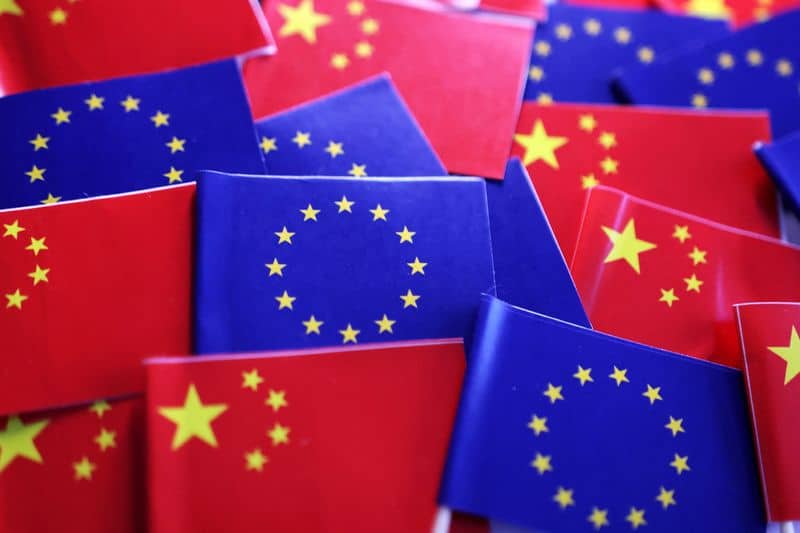
The European Union has ignited a new flashpoint in its already tense trade relations with China, this time targeting the medical sector. In a sweeping move, the European Commission has banned Chinese-made face masks, prostheses, X-ray machines, and diagnostic software from public procurement contracts exceeding €5 million. The decision follows a months-long investigation under the International Procurement Instrument (IPI) and aims to retaliate against what Brussels calls “systematic and persistent discrimination” against European medical suppliers in China.
According to the Commission, 87% of Chinese public tenders for medical devices exclude or disadvantage EU-based companies, making reciprocal access effectively impossible. In contrast, Chinese exports of medical devices to the EU more than doubled between 2015 and 2023, creating a stark imbalance.
The new restrictions are not limited to outright bans. The EU will also cap Chinese inputs at 50% for any successful bids involving such products, further tightening the screws on suppliers that rely on Chinese components.
EU Trade Commissioner Maroš Šefčovič defended the measures as a “proportionate and targeted response” that respects WTO obligations and ensures Europe does not remain a passive player in the face of protectionist practices. “We remain committed to dialogue,” Šefčovič said, adding that the sanctions could be lifted if China offers “concrete, verifiable, and satisfactory solutions.”
But Beijing was quick to strike back. Foreign Ministry spokesman Guo Jiakun called the decision a “classic example of double standards,” accusing Brussels of preaching fair competition while practicing economic discrimination. Chinese officials warned that the move could further destabilize relations ahead of a highly symbolic EU-China summit scheduled for late July to mark 50 years of diplomatic relations.
The medical device ban is only the latest in a series of escalating trade measures between the two powers. Earlier this year, the EU imposed additional tariffs on Chinese electric vehicles, citing unfair state subsidies. That move provoked an intense backlash from Beijing and prompted accusations of trade protectionism under the guise of climate and sustainability concerns.
While Brussels insists its actions are reactive and based on evidence, the growing list of restrictions suggests that economic competition is increasingly being framed as a matter of geopolitical leverage.
The Commission has promised that exceptions will be made in cases where Chinese suppliers are the only viable option, emphasizing that patient care and the stability of health systems remain a priority. However, healthcare providers and public procurement agencies across Europe are now facing uncertainty. With many dependent on affordable Chinese products, the ripple effects of these restrictions may soon be felt in hospital budgets and supply chains.
As the EU attempts to defend its economic sovereignty and respond to China’s closed-door procurement practices, questions remain: Is this a principled stand for fair trade? Or is it a dangerous slide into tit-for-tat protectionism, with health systems and global diplomacy caught in the crossfire?
With geopolitical tensions rising and economic competition hardening into confrontation, the European Union’s strategy may be principled—but it is also politically explosive.